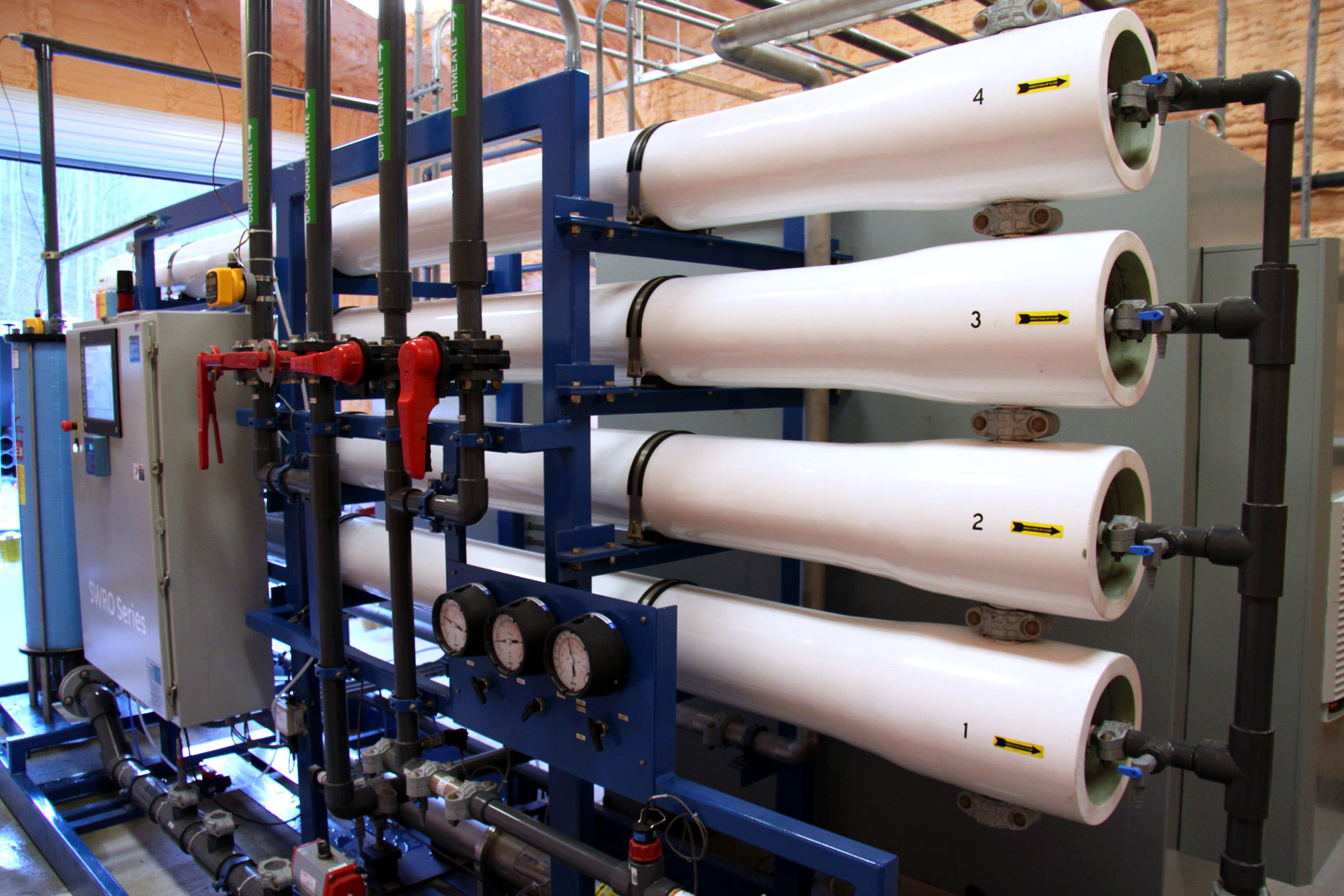Reuse System Saves Money & Reduces Compliance Issues

The Customer
A 1.6 million square foot manufacturing facility on a 300 acre lot utilizing an e-coat paint process for heavy duty trucks that requires approximately 13Mgal of fresh water each year and has ISO 9001 and ISO 14001 certifications. The company aspires to an environmental position on conservation.
The Problem
The facility was discharging up to 60,000 gallons of wastewater per day from a high pressure water spray system designed to test the trucks for leaks. The system collected the wastewater from the leak test system into a sump and then discharged it directly to the sanitary sewer.
In addition to the significant volume of water usage, the facility received periodic discharge permit violation notices for concentrations of oil and grease. The oil and grease present in the discharged water came from the residual materials still present on the trucks from the manufacturing process.
The ProChem Solution
As part of the plant’s ISO 14001 program, a study was commissioned to eliminate the discharge permit violations and to reduce the volume of water used for the leak test system. ProChem, Inc. performed an engineering study to determine the most effective method of cleaning and reusing the wastewater from the leak test system. The study revealed that the water was contaminated with organic material and suspended solids that presented the potential for microbiological growth, which would negatively impact the operation of the leak test system and could even create a dangerous working environment for the system’s operators.
ProChem, Inc. designed a water reuse system that provides a zero discharge process and maintains the required water quality for proper operation of the leak test system and the safety of its operators. This system features twin bag filters, a UV light system, and ion-exchange columns.
The system features local monitoring and automation controls, requiring minimal operator interaction.
With this water reuse system in place, the customer experiences 100% discharge permit compliance.
The Win
- Water cost savings: Due to the zero-discharge water reuse system, the plant purchases significantly less fresh water and pays less for discharged water.
- No labor increases: The reuse system is highly automated so the labor required to operate the wastewater treatment process did not need to be increased.
- Reduced environmental liability/risk: The oil and grease contaminants are no longer discharged to the sanitary sewer.
- Resource conservation position: The zero discharge water reuse system was a major step toward fulfilling the plant's goal of obtaining an environmental position of resource conservation and environmental compliance.
